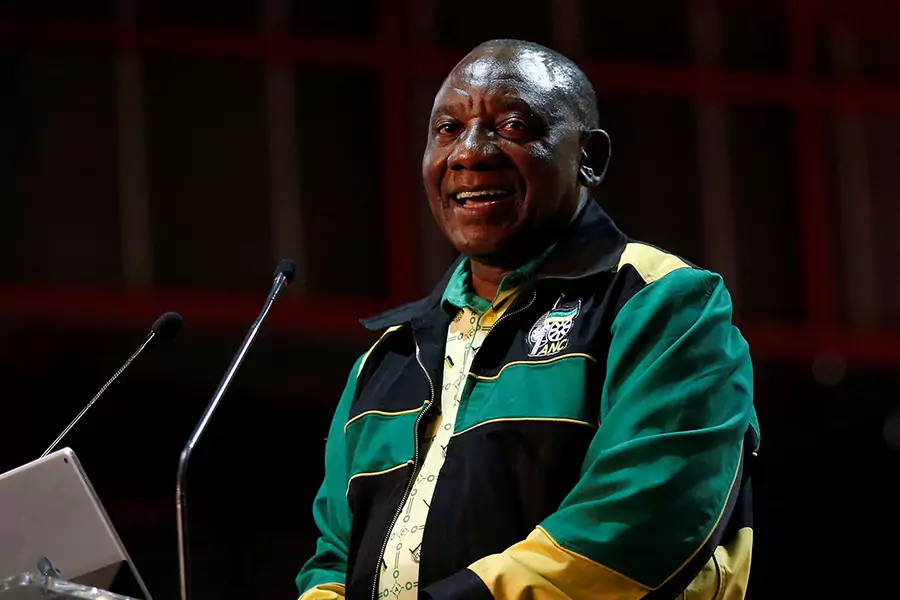Split in South Africa’s National Congress May Not Last

On December 21 the results were announced of the election of the African National Congress’s National Executive Committee (NEC). Between national conferences, it is the highest decision-making body in the party. For example, it was the NEC that determined that responsibility for the party’s reverses in the local elections of 2016 was collective, not Jacob Zuma’s, though he was the party leader. The NEC has eighty members, half of whom must be female. The outcome of the December 21 NEC elections appears to be an even split between the Ramaphosa and the Zuma/Dlamini-Zuma factions. At this stage, the party leadership as a whole appears to be split down the middle, with the Top Six (the six most senior party officials) also equally divided between the two factions. Should that persist, the party would be paralyzed.
The balance however, might change. Within the Top Six, there is a serious challenge in the courts to the election of pro-Zuma Ace Magashule (premier of the Free State). He defeated the pro-Ramaphosa former premier of KwaZulu/Natal Senzo Mchunu for party secretary general by only twenty-four votes. Already some among the pro-Ramaphosa faction are predicting that the balance among the Top Six will shift in favor of Ramaphosa by four to two. In addition, there are signs that Deputy President and Mpumalanga premier David Mabuza may be shifting from Zuma to Ramaphosa. If that were to happen, only Jesse Duarte, the party deputy secretary general, would be left as pro-Zuma among the Top Six. The ANC loves a winner—and Cyril Ramaphosa won the presidency. The possibility of defections to the new president should not be discounted.
More on:
The next major issue for the party may well be forcing Jacob Zuma to resign as state president. Already the veterans’ caucus in the party is calling for it. The NEC may take up the issue at its January 5 meeting. A South African journalist saw a list circulating at the electoral convention of potential Ramaphosa cabinet appointments, possible only if Zuma is out. While any such list must be hypothetical and tentative, it illustrates the talent available to Ramaphosa. Names on the list include Zweli Mkhize to finance, Pravin Gordhan to public enterprises, Blade Nzimande to higher education, and Lindiwe Sisulu to international affairs. Mkhize made his reputation as the party’s treasurer, Gordhan as internationally-respected minister of finance (until he was fired by Zuma). Nzimade, with a PhD, has been deeply concerned about education reform and has previously served as minister of education. Lindiwe Sisulu, daughter of liberation icons Walter and Albertina Sisulu, has also held a number of cabinet portfolios. As a group, they have distinguished backgrounds: Mkhize is a medical doctor, Sisulu holds a DPhil from the University of York (UK), and Gordhan was the chair of the Convention for a Democratic South Africa (CODESA), which hammered out the transition from apartheid to non-racial democracy. Ramaphosa played a leading role in CODESA as paramount ANC negotiator. Gordhan’s subsequent ministerial career in finance earned the confidence of international investors. Nzimande’s PhD is in sociology from the University of Natal, a distinguished university.
More on:
 Online Store
Online Store